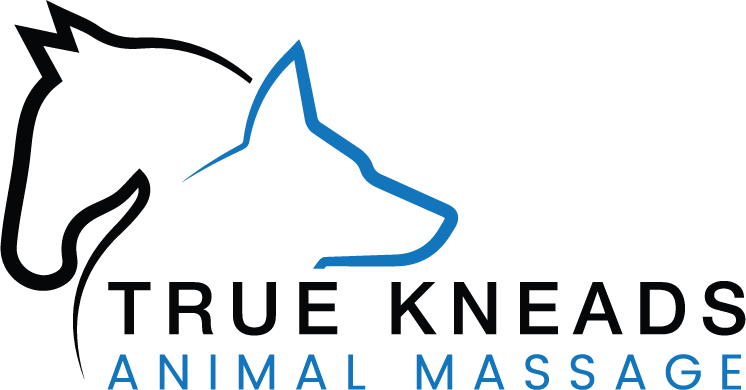Notes for Equine Guardians
Should your horse get a massage? — Whether you have a working horse, a pasture buddy, or something in between, intentional touch can help the body heal and encourage wellness. There are a couple of physical and behavioral caveats. I recommend checking with your vet before scheduling to make sure that massage is okay, especially if your horse has a medical condition. Also, if your horse has troubled being handled then massage may not be helpful for them right now.
What I need from you — You will need to fill out a Health Intake Form and Release (see the link at the bottom). You can fill out those forms online at your convenience. Once you submit them I will contact you to schedule a session.
What to expect from a session — One of the most important parts of a massage session is for your horse’s muscles to be able to relax when I work on them. With that in mind, I go at your horse’s pace. The length of a session will vary, but will likely be about an hour. That includes our time getting any current information about how your horse is doing that day, settling in, and hands-on bodywork. All animals are different and some may melt with their first massage while others may take several sessions to become accustomed to massage. It is not uncommon for animals to fidget.
Odds and ends, or other things to help make the session effective — You and I will try to make the environment as comfortable and distraction-free for your horse as we can, whatever that looks like. Quiet time at the barn is optimal for getting bodywork. Just like a massage for a human, it’s harder for your horse to stay relaxed and focused on the bodywork when their environment is busy or noisy, or it’s getting close to meal time. While I’m happy to chat with you about what’s going on in your horse’s life and other shared interests, I find that it’s best for your horse to have quiet and my focus while I’m doing bodywork.
When NOT to massage — If your horse has a fever or infectious disease, massage is NOT recommended. Some medical and neurological conditions are not compatible with massage. If your horse has a known medical issue, please consult your vet before scheduling. Finally, if your horse says, “No,” I will always honor that. I have found that “pushing through” does not usually yield improvement. If the session is going poorly, I will end it and chat with you about next steps.
If this sounds like something you and your horse might like to try, the next step is to fill out the Health Intake Form.
If you have further questions, please contact me. I look forward to hearing from you!


